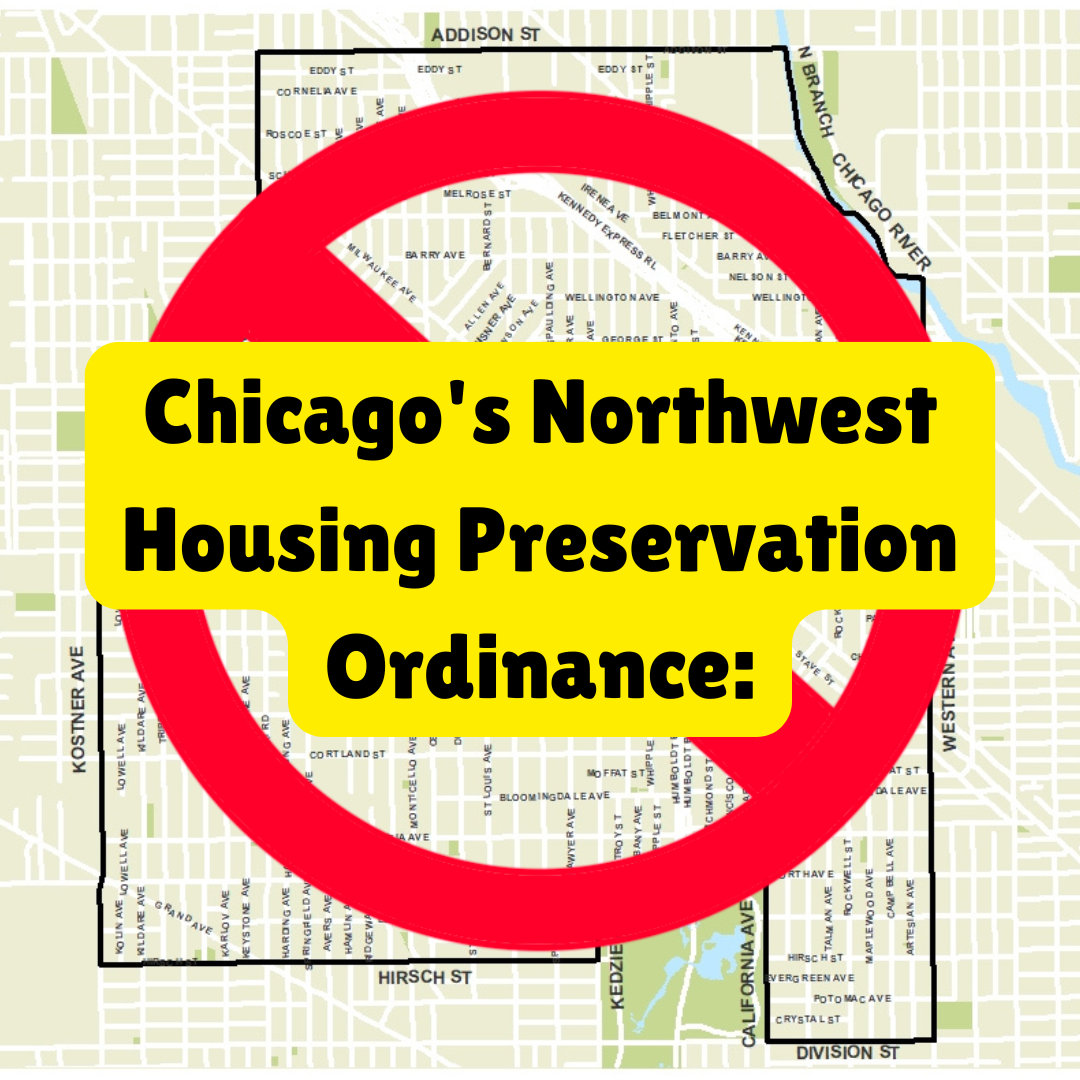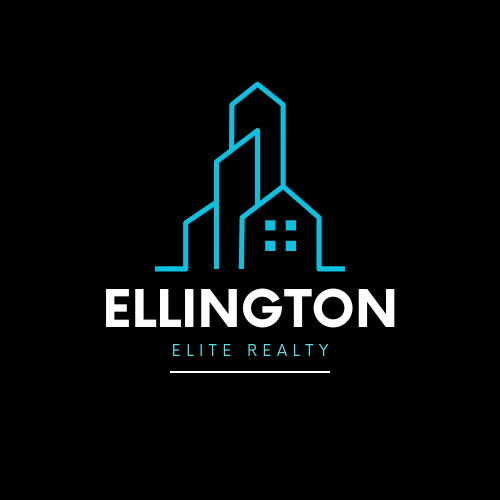
Chicago’s Northwest Housing Preservation Ordinance: What It Means and How I Can Help
On September 18, 2024, the Chicago City Council passed the Northwest Housing Preservation Ordinance, a pilot program designed to combat gentrification and preserve affordable housing in neighborhoods like Avondale, Hermosa, Humboldt Park, Pilsen (Lower West Side), West Town, and Logan Square.

While its goals are noble, the ordinance has created confusion and concern among property owners, tenants, and real estate professionals due to its strict regulations and potential impact on the housing market.
If you’re a property owner, tenant, buyer, or developer in these neighborhoods, understanding this ordinance is critical. In this blog, I’ll break down the key provisions of the ordinance and explain how I can help you navigate these changes.
What Is the Northwest Housing Preservation Ordinance?
The Northwest Housing Preservation Ordinance introduces several new rules aimed at preserving affordable housing while giving tenants more rights in property transactions. Here are the most important aspects of the ordinance:
1. Higher Demolition Fees
- The demolition surcharge for single-family homes, townhouses, or two-flats has increased from $15,000 to $60,000.
- For multi-unit residential buildings or coach houses, the fee has jumped from $5,000 to $20,000 per unit.
- These fees apply even to affordable housing demolitions and will remain in effect through December 31, 2029.
2. Tenant Right of First Refusal
- Tenants now have the right to purchase their rental property before it is sold to a third party.
- Depending on the number of units in a building, tenants have between 15 and 90 days to organize an association and express their intent to purchase.
- If tenants cannot close on the property within 60-120 days, owners may proceed with a third-party sale.
3. Notice Requirements for Property Sales
- Property owners must provide tenants with a formal “notice of intent to sell” at least 30-60 days before listing their property for sale.
- This notice must include detailed information such as the asking price, rent rolls, income/expense reports, and other relevant details.
4. Affordable Housing Restrictions
- Properties purchased with public funds must remain designated as affordable housing for at least 30 years.
- Landlords are prohibited from evicting tenants except for “just cause,” such as lease violations or non-payment of rent.
5. Penalties for Violations
- Non-compliance with this ordinance can result in fines ranging from $200 to $1,000 per day, with each day considered a separate violation.
Challenges Facing Property Owners and Tenants
While the ordinance is intended to address gentrification and preserve affordable housing stock in Chicago’s northwest neighborhoods, it has raised several concerns:
For Property Owners:
- Increased Costs: The steep rise in demolition fees could discourage redevelopment projects and increase costs for property owners looking to sell or renovate.
- Delays in Sales: The tenant right of first refusal provision could delay property transactions by several months, creating uncertainty for sellers.
- Reduced Property Values: The new rules may deter buyers from investing in affected neighborhoods due to regulatory hurdles and compliance requirements.
For Tenants:
- Complex Processes: Organizing a tenant association and securing financing to purchase a rental property can be challenging without proper guidance or resources.
- Limited Timeframes: Tenants must act quickly to exercise their right of first refusal within tight deadlines.
How I Can Help You Navigate These Changes
Whether you’re a property owner, tenant, buyer, or developer impacted by the Northwest Housing Preservation Ordinance, I’m here to help you navigate these new regulations with confidence.
For Property Owners:
- Compliance Assistance: I’ll guide you through your legal obligations under the ordinance—whether it’s issuing notices of intent to sell or adhering to tenant purchase rights timelines.
- Market Strategies: With my expertise in Chicago’s real estate market, I can help you position your property for sale while minimizing delays caused by these new rules.
- Advocacy Support: If you’re facing penalties or challenges due to this ordinance, I can connect you with advocacy groups that represent property owners’ interests.
For Tenants:
- Tenant Association Guidance: If you want to exercise your right of first refusal on a property sale, I’ll help you organize a tenant association and navigate the process step-by-step.
- Financing Resources: I’ll connect you with lenders and community organizations that specialize in helping tenants secure funding for purchasing rental properties.
For Buyers and Developers:
- Investment Advice: I’ll help you evaluate opportunities within the pilot zone while ensuring compliance with affordable housing mandates and other requirements.
- Public Funding Navigation: If you’re purchasing properties using public funds, I’ll ensure that you meet long-term affordability obligations without unnecessary delays.
Why This Matters
The Northwest Housing Preservation Ordinance represents a significant shift in Chicago’s housing policies—and it’s here to stay until at least 2029. Whether you’re trying to sell your property, protect your rights as a tenant, or invest in real estate within these neighborhoods, understanding this ordinance is essential for making informed decisions. As someone deeply familiar with Chicago’s real estate market and legislative environment, I can provide personalized guidance tailored to your unique situation.
Let’s Work Together
Are you feeling overwhelmed by the changes brought about by this ordinance? Don’t worry—I’m here to help! Whether you're looking for compliance advice or need support navigating tenant rights or investment opportunities in Chicago's northwest neighborhoods, I've got you covered.
Contact me today for expert guidance on how we can protect your interests while navigating this evolving housing landscape!

